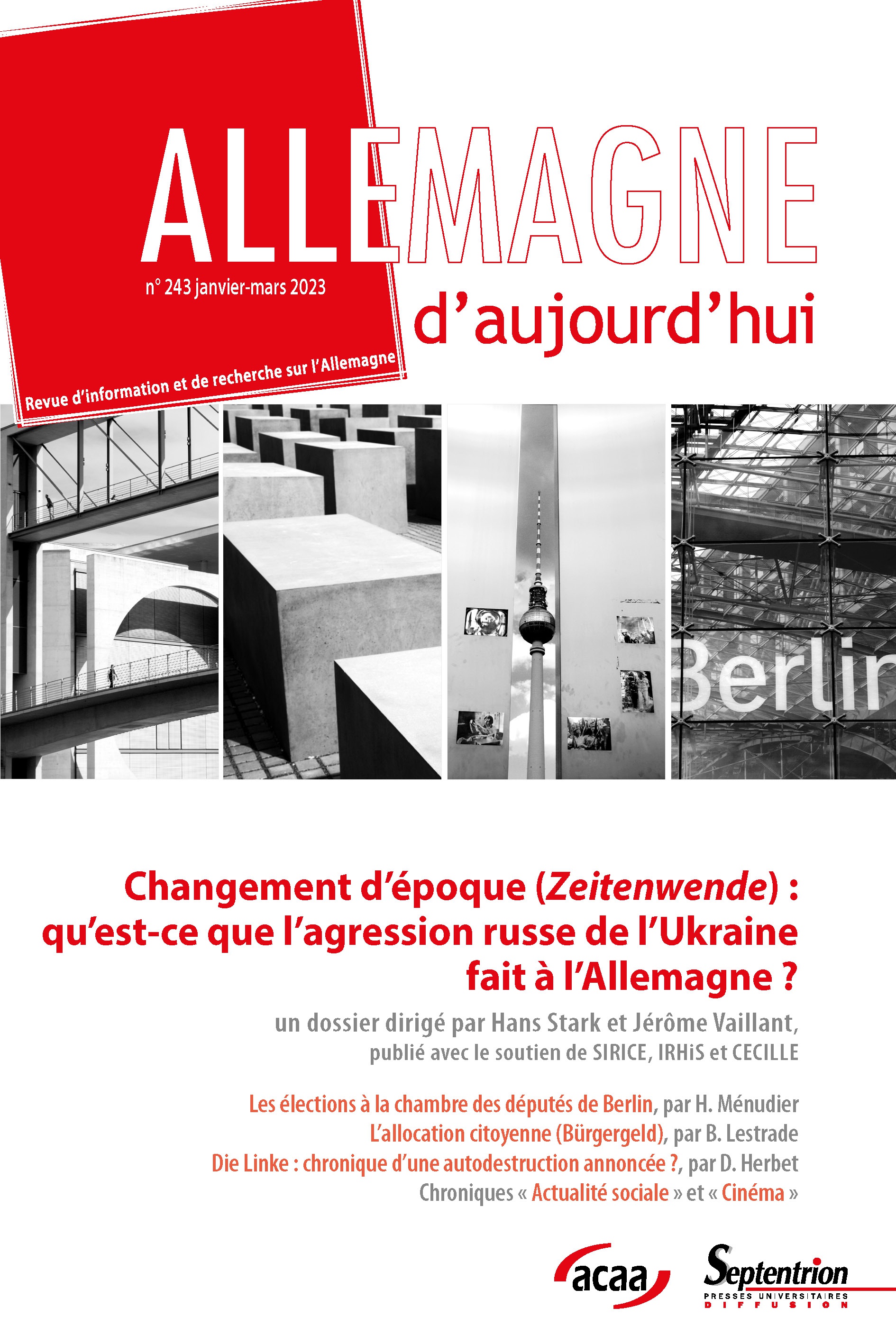The Cumbersome Legacy of the SPD’s Policy Towards Vladimir Putin’s Russia

The Social Democratic Party of Germany (SPD) looks back with pride on the history of its Ostpolitik, which it sees as having paved the way for German reunification. With the firm will to continue this Ostpolitik after the end of the Cold War, SPD politicians of the last 20 years have, within the framework of their government responsibility, focused on a partnership with Russia, which had the goal of contributing to the democratization of Russia through bilateral trade and mutual interdependence.
This policy was pursued even though, as early as 2000, the fact began to be seen that, with President Putin, there was a person in the Kremlin who would try to change Russia’s borders by military force. And for whom the West was not a partner but an enemy. In spite of these tendencies, from which the East-Central European partners were informing the Germans and in particular the SPD leaders around Schröder, Steinmeier and Gabriel – all of them by the way from the Land of Lower Saxony – the SPD did not allow itself to be deterred – with the approval of Angela Merkel’s CDU – from letting Germany become highly dependent on Russia in terms of energy policy and from not preparing the Bundeswehr militarily for a possible conflict with Russia in Eastern Europe. For this massive failure, the SPD bears a heavy historical debt.
Hans Stark is Professor of Contemporary German Civilization at the Sorbonne University and Counselor on Franco-German relations at Ifri.
This publication is available in French: Allemagne d'aujourd'hui, n° 243, janvier-mars 2023 (pp. 91-104).






